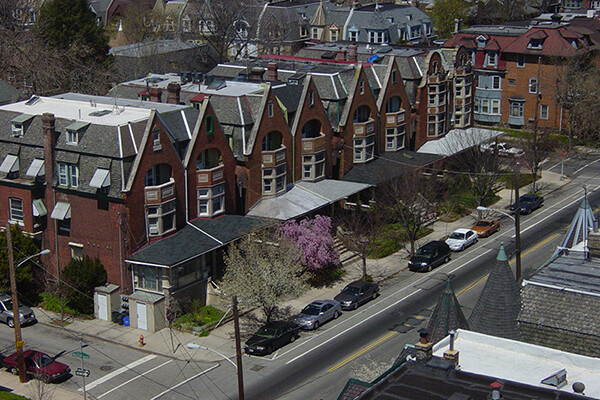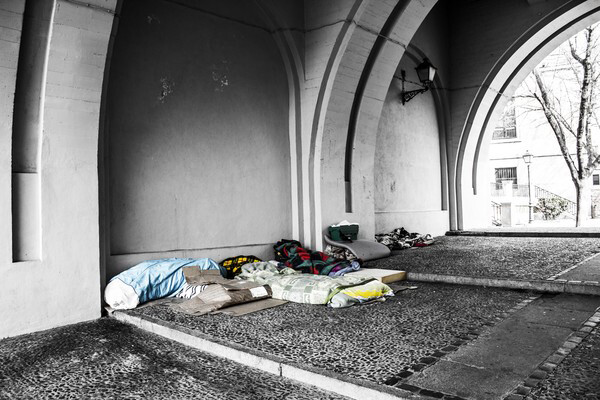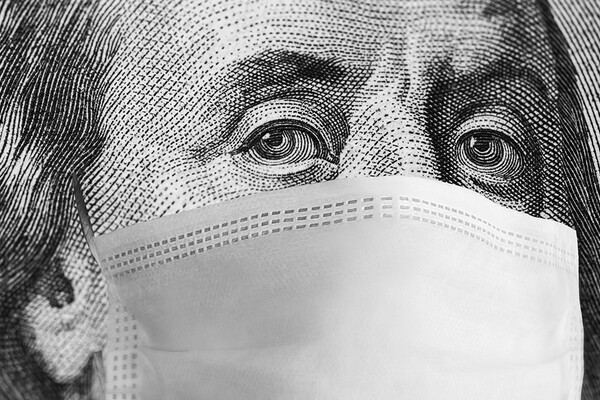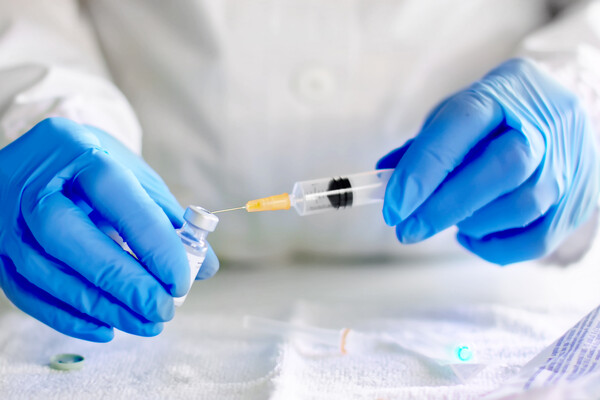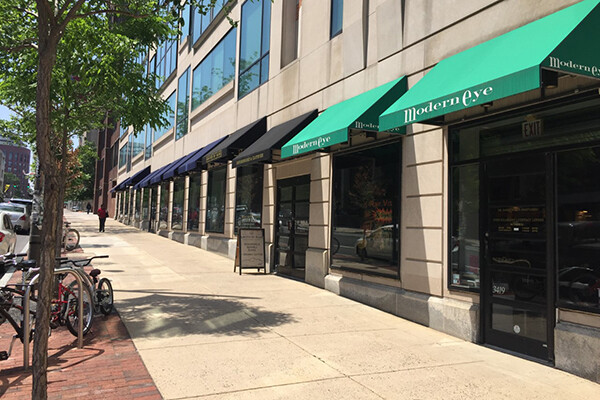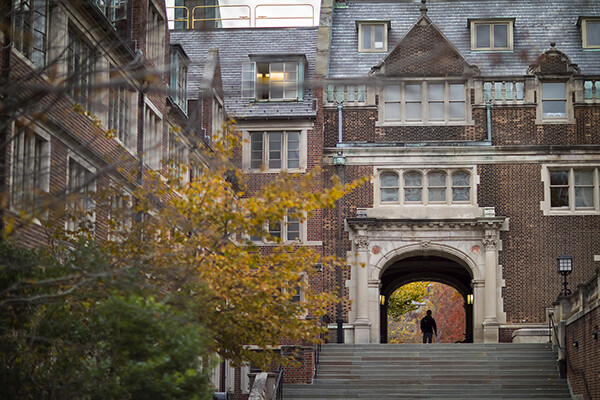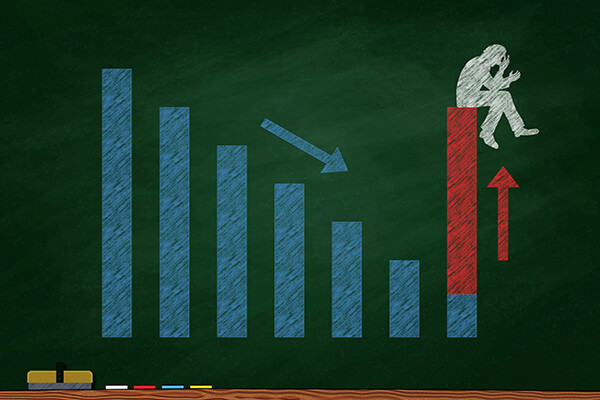5/10
Wharton School
What to do if you can’t pay rent or mortgage because of the coronavirus
As the coronavirus stifles the economy and triggers mass layoffs, many people are concerned about how they’ll pay their mortgage or cover their rent in coming months. Wharton expert, Susan Wachter, offers advice.
How the pandemic could affect income inequality
Wharton’s Benjamin Lockwood discusses income inequality in the U.S. in the wake of COVID-19, and how the Coronavirus Aid Relief and Economic Security Act raises questions about what policy will look like on the other side of the coronavirus outbreak.
Are U.S. banks strong enough to weather the coronavirus pandemic?
Wharton’s David Zaring discusses the impact of the pandemic on U.S. banks.
Racing to deliver a vaccine to the masses
While the world works to flatten the curve, scientists at Penn and Wistar hope to deliver the COVID-19 pandemic’s silver bullet: a vaccine that effectively protects people from infection.
How small businesses around Penn are surviving the coronavirus crisis
Small businesses in and around Penn are coming up with creative ways to financially survive the coronavirus crisis, as local and state governments issue shelter-in-place orders.
Coronavirus aid package a start, but more will be needed
A Knowledge@Wharton report suggests there's plenty the federal government got right in its $2.2 trillion relief package, but it may not be enough in the long-term.
Confronting COVID-19: Why firms need to tap nonprofit partnerships
Wharton management professor Aline Gatignon argues that firms have an important role to play in the response to COVID-19, and should consider the unique ability of the nonprofit sector to serve hard-to-reach populations during disasters.
Class of 2024 Regular Decision admissions results
The University of Pennsylvania has announced admission decisions for Regular Decision applicants to the Class of 2024, the institution’s 268th class.
Penn grad Brandon Copeland signs with New England Patriots
The 2013 Wharton alum, a linebacker and special teams player, has joined the six-time Super Bowl champions.
Wharton expert examines U.S.’s record number of unemployment claims
Diane Lim of the Wharton School explains what the U.S.’s record number of unemployment claims means to the current economy amid the coronavirus crisis.
In the News
It’s time to end the Medicare-Medicaid merry-go-round
In an opinion essay, Rachel M. Werner of the Leonard Davis Institute, Wharton School, and Perelman School of Medicine says that Medicare and Medicaid fail to integrate coverage and coordinate care across their two plans.
FULL STORY →
Ethan Mollick on the four rules of Co-Intelligence with AI
In a Q&A, Ethan Mollick of the Wharton School discusses his transition from entrepreneurship to academia, the most important concepts that need to be taught to entrepreneurs, and the four rules of Co-Intelligence with AI.
FULL STORY →
https://tinyurl.com/mwbnr9xk
Diane Alexander of the Wharton School says that medical reimbursements for an identical office visit in 2009 ranged from $37 in Minnesota to $160 in Alaska.
FULL STORY →
Here’s why entry-level jobs feel impossible to get
Peter Cappelli of the Wharton School says that employers are looking outside to hire people rather than promoting them from within.
FULL STORY →
Why maternity care is underpaid
Diane Alexander of the Wharton School says that medical reimbursements for an identical office visit in 2009 ranged from $37 in Minnesota to $160 in Alaska.
FULL STORY →



